Guide to the “Unkai”—Sea of Clouds—on Mt. Aso
For an unparalleled view of unkai (雲海), or the sea of clouds, Aso is the ultimate destination. This magnificent natural display, best seen from the end of the rainy season through autumn, offers a breathtaking experience where clouds cascade below like an expansive ocean.
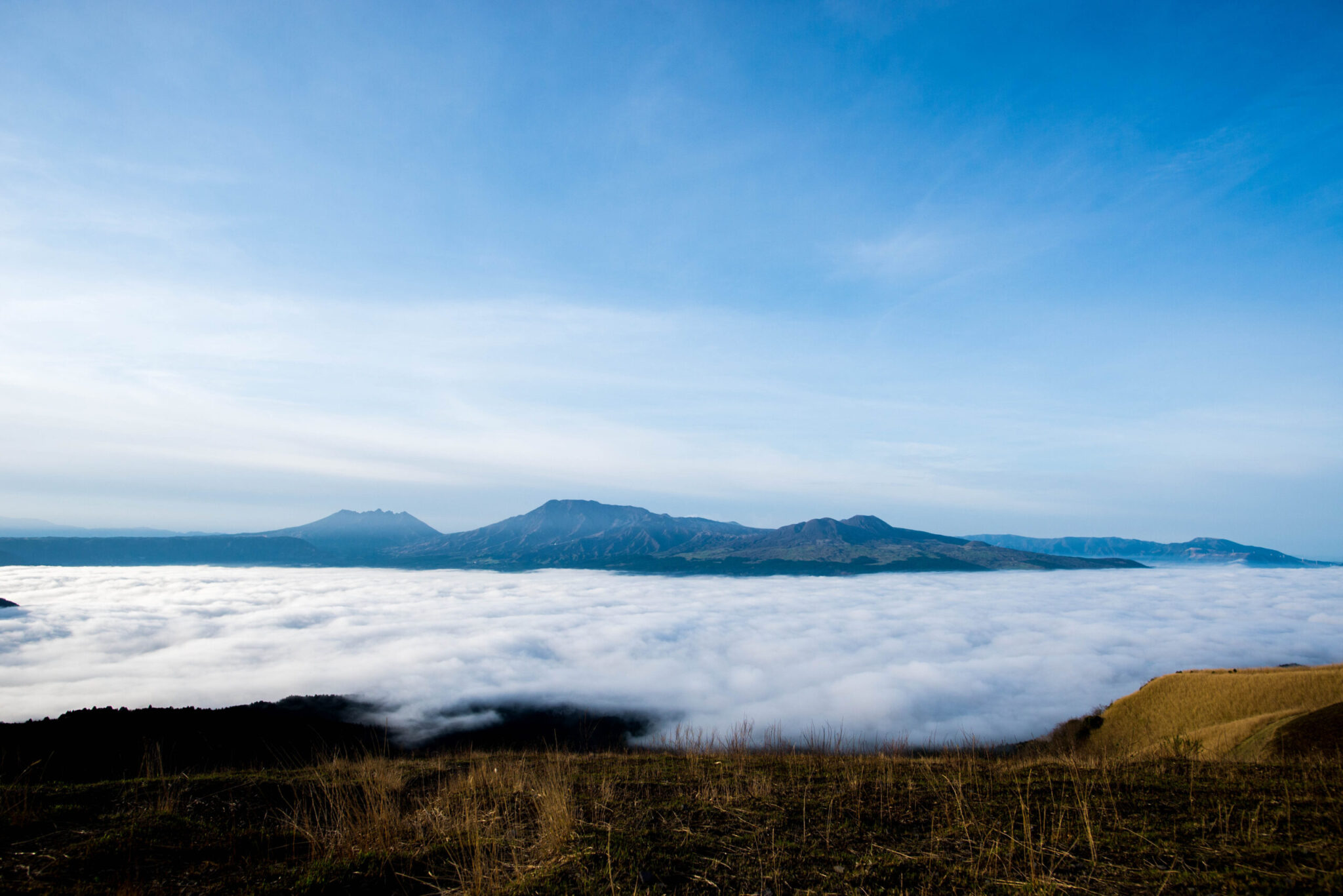
Have you ever experienced the Unkai in Aso?
This stunning natural display occurs when specific meteorological conditions align, creating a cloud layer below that, when viewed from higher elevations, resembles a vast ocean. The period from the end of the rainy season to autumn sees a higher likelihood of this phenomenon, making it a prime time to visit Aso.
The term “unkai” originates from a Chinese poetic term that describes the cloud-covered surroundings of a mountain’s summit, creating a sea of clouds (in Chinese characters, 雲海).
Today, I’m excited to share some tips on how even beginners can enjoy this breathtaking view!
1. Keep an Eye on the Weather Forecast
Seeing the Unkai depends heavily on three key conditions:
- Sudden temperature changes between night and day.
- Adequate moisture in the air.
- Calm, windless weather.
Chances are best after a cool, rainy day followed by a warmer morning without winds. It can be tricky to predict, you can also check out the “Unkai Appearance NAVI” on the “Weekend Explorer” website by Mitsubishi Motors. It predicts the likelihood of unkai at various spots each weekend. The site, though in Japanese, displays dates and probabilities clearly, helping you plan effectively.
Check out the Unkai NAVI system for Aso on this page: https://www.mitsubishi-motors.co.jp/special/weekend-explorer/unkai/20.html
While any morning in Aso is refreshing, venturing out on a cold morning can be daunting without a guarantee of seeing the unkai. To address this, Kumamoto Prefecture’s official travel website now features a “Real-Time Unkai Camera” installed in Aso. This allows you to check the status of the unkai live and enjoy Aso’s morning from the comfort of your home before heading out!
View the live unkai camera feed here: https://kumamoto.guide/localguide/asocam/
2. Dress Warmly and Wake Up Early
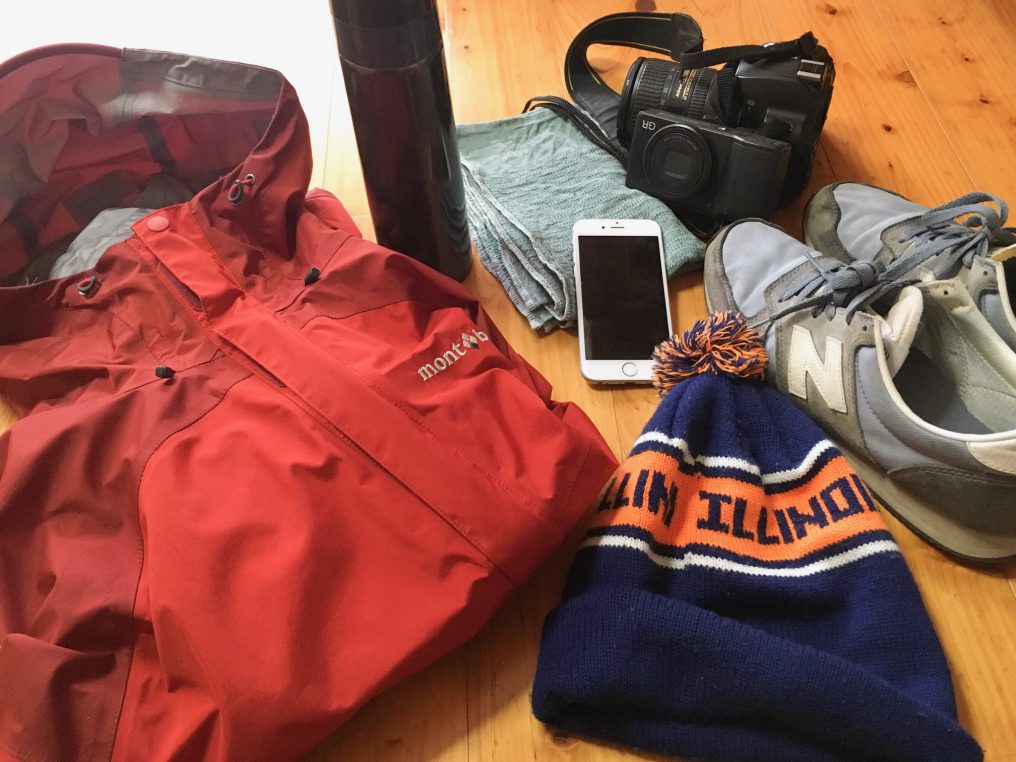
The unkai is typically visible from sunrise until about 9 AM, with the moments around 6 AM, just before sunrise, being particularly divine. Remember, mornings in Aso can be quite chilly, so dressing in layers is essential!
Essentials to Bring:
- Extra clothing layer (it’s colder than you think, and dew can make things damp, so something water-resistant is recommended)
- A hat (to fix bed hair when you’re rushing out in the morning)
- A towel (always handy)
- Smartphone or camera (to capture the stunning views)
- A warm drink (I usually bring tea in a thermos)
- Comfortable, non-slip shoes (morning dew can make surfaces slippery)
3. Choose Your Spot
There are numerous places around Aso’s outer rim mountains where you can view the sea of clouds. Planning ahead can save you time. Here are a couple of my personal favorite spots:
Daikanbo Lookout (大観峰展望所)

This spot is beginner-friendly due to its accessible parking, easy-to-navigate location, and, most importantly, the spectacular front-row view of the Five Peaks of Aso. It’s wonderful because as soon as you park your car, you’re greeted by the view!

Even if you don’t catch the unkai, the fresh, invigorating morning alone makes the early trip worthwhile.
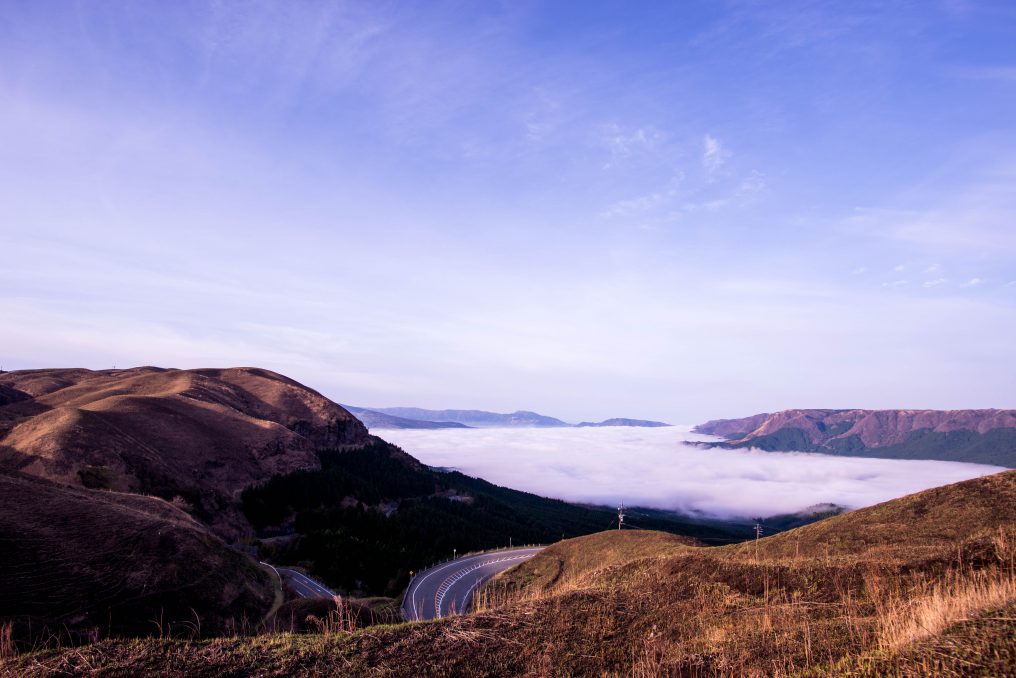
By the way, even if you stray a bit from Daikanbo Lookout itself, the area around the Daikanbo bus stop also offers a wonderful view of the sea of clouds.
Oshitoishi Hill (押戸石の丘)
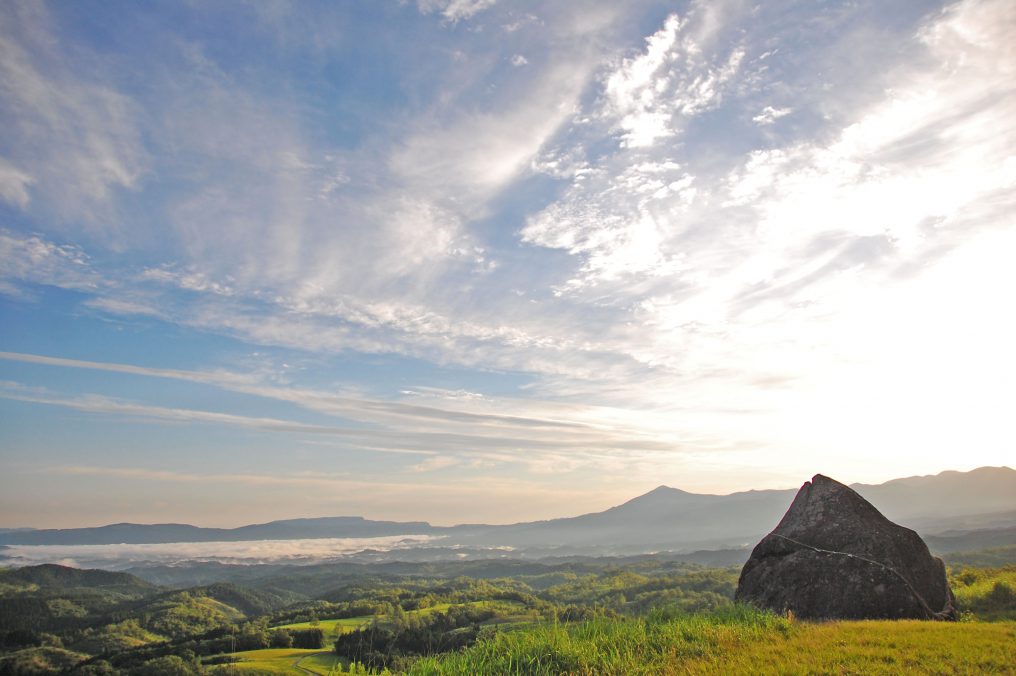
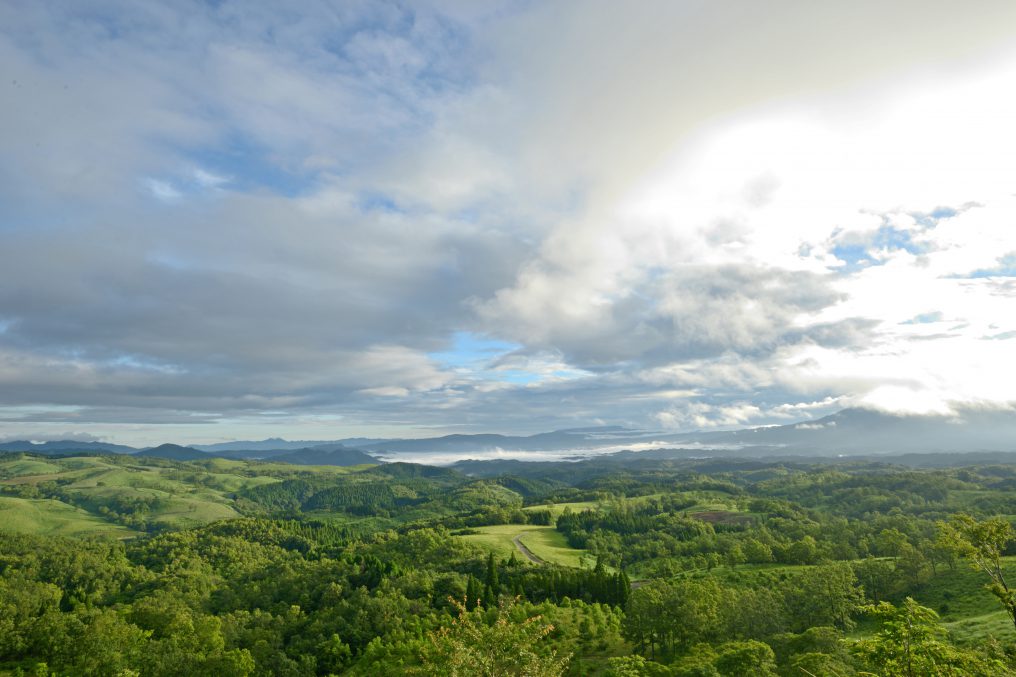
The climb takes about 15 minutes from the parking area, but the 360-degree panoramic views of sea of clouds towards Aso and Minamioguni are well worth the effort.
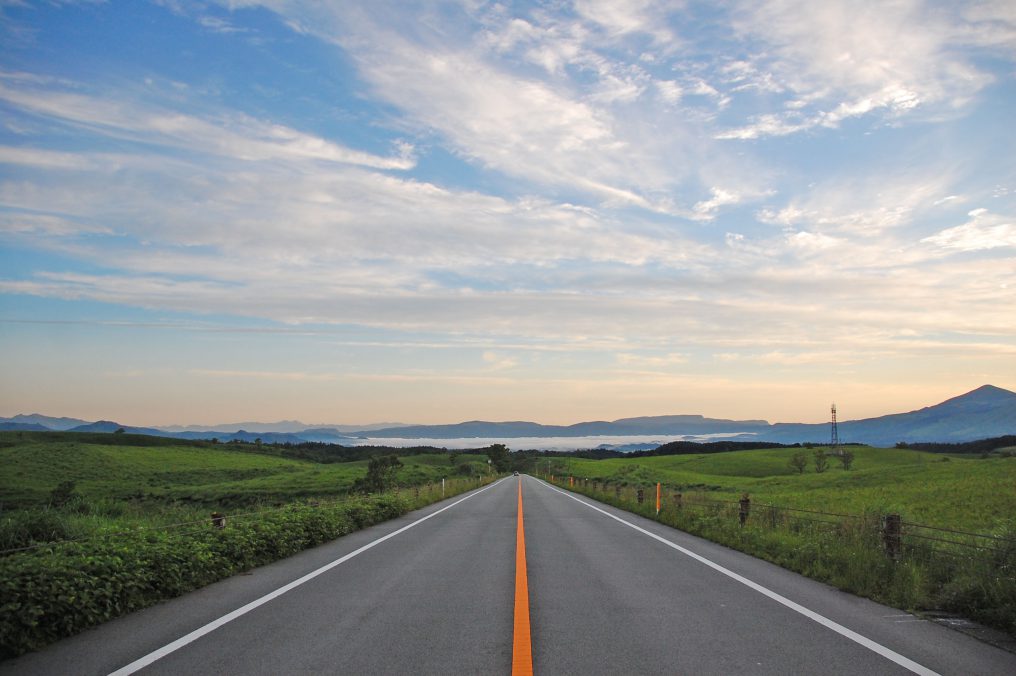
You can also catch a glimpse of the sea of clouds early in the morning from Route 212, which leads to Oshidori Stone Hill.
Even if the clouds don’t appear, the fresh, crisp morning at these spots ensures you won’t feel like your early wake was in vain.
Senomoto Kogen (瀬の本高原)
Senomoto Highland is also a recommended spot for viewing the unkai. If you’re lucky, you can even enjoy the view while soaking in the open-air bath at the Senomoto Kogen Hotel. The area is filled with scenic grasslands. It’s also a wonderful place to admire the starry night sky.
Kabutoiwa Lookout (かぶと岩展望所)

For a comprehensive experience Aso’s outer rim mountains and the unkai, Kabutoiwa Lookout is the place to be. With a parking lot, toilets, and vending machines available across the street, it offers convenience along with stunning views.
Note: Currently access restricted, but parking and toilets are available
Depending on the season, the rice fields can look like a patchwork of colors, and before planting, the water-filled fields reflect the Five Peaks of Aso like a mirror, creating breathtaking scenery.
I hope you found these suggestions helpful. With the upcoming season, the probability of encountering the unkai sea of clouds in the Aso region increases, making it a perfect time for an early morning adventure. If you’re planning a trip to Aso, consider waking up a bit earlier to catch this spectacular natural phenomenon. See you next time!
Map of sites mentioned in this article
The above was translated and adapted from an article on our Japanese-language sister website ALT Kumamoto. For the original content, see the article below!


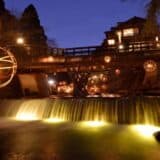


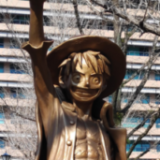
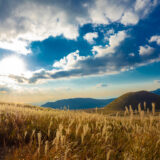


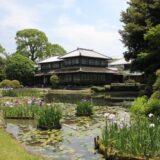


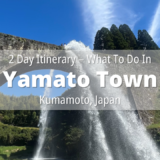

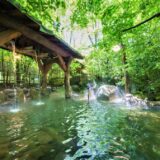

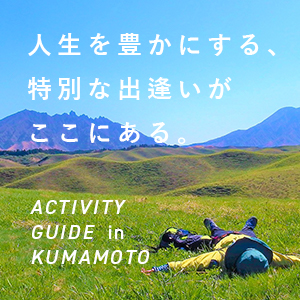





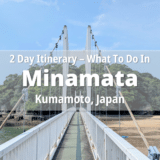

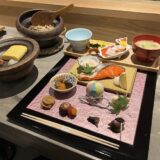






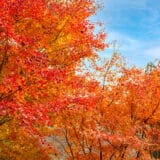

If you would like to comment, please do so below.